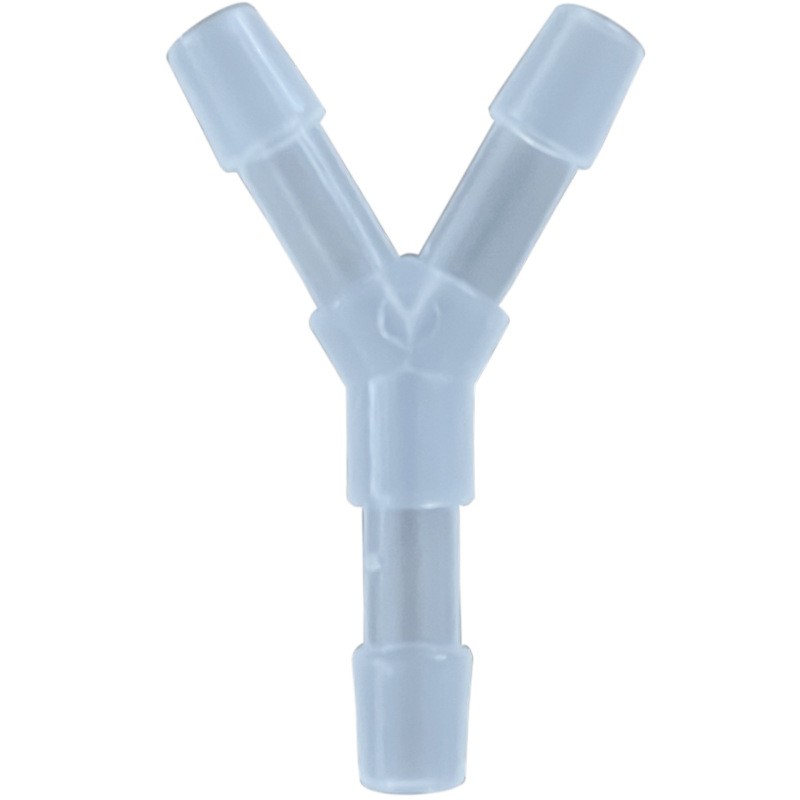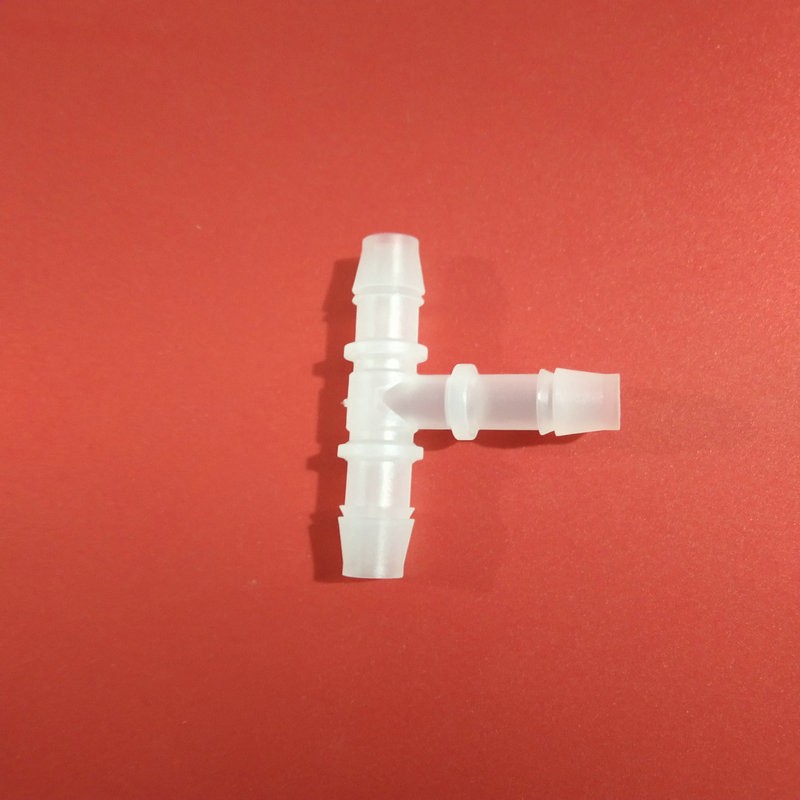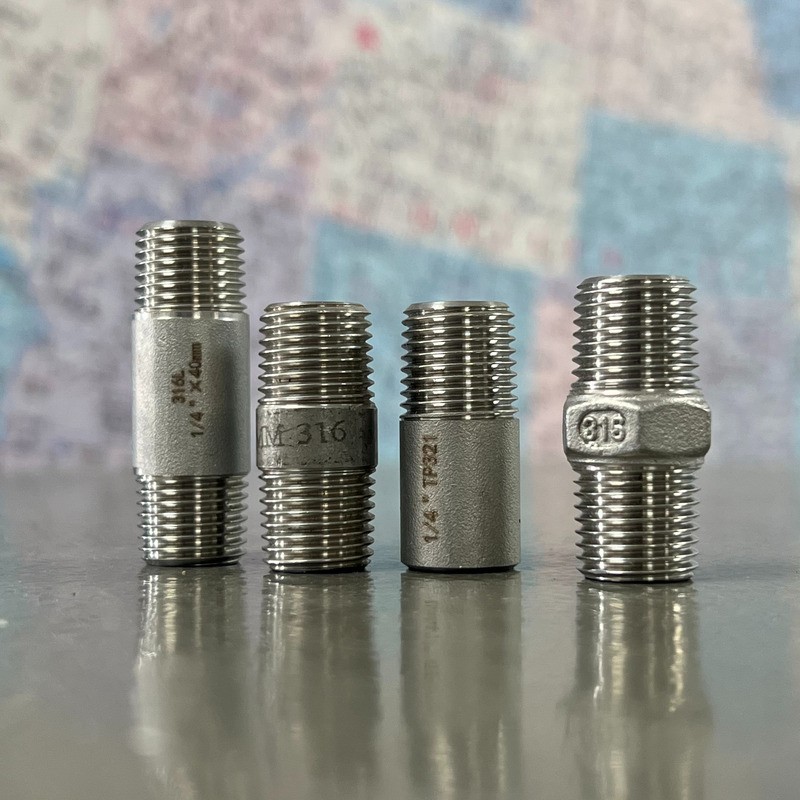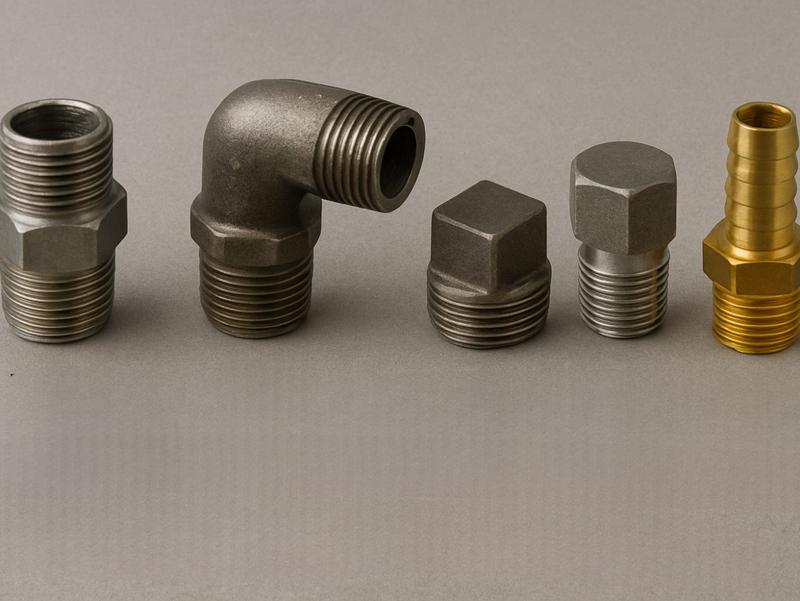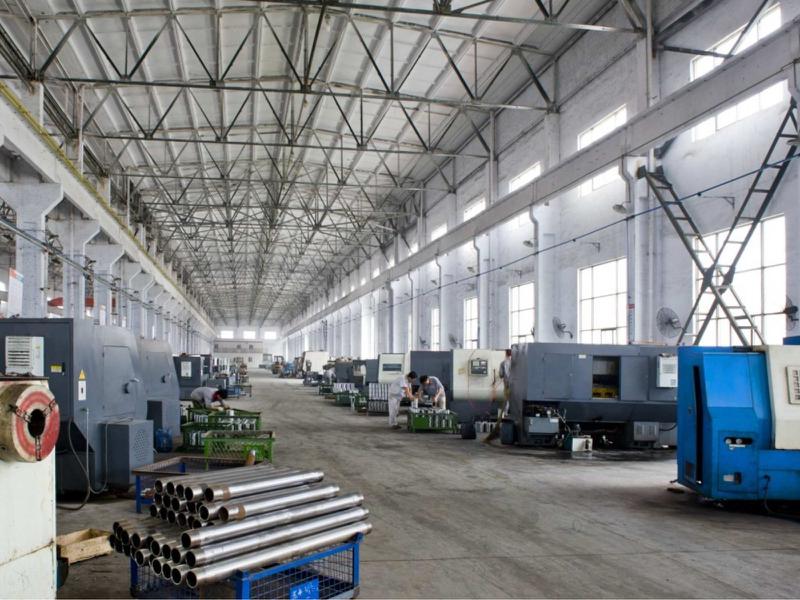What is PVC?
PVC is a type of plastic made from polyvinyl chloride. It is lightweight, durable, and resistant to corrosion. People often use PVC material in the plumbing fittings field. PVC pipes and fittings are one of the most widely used piping materials in the world.
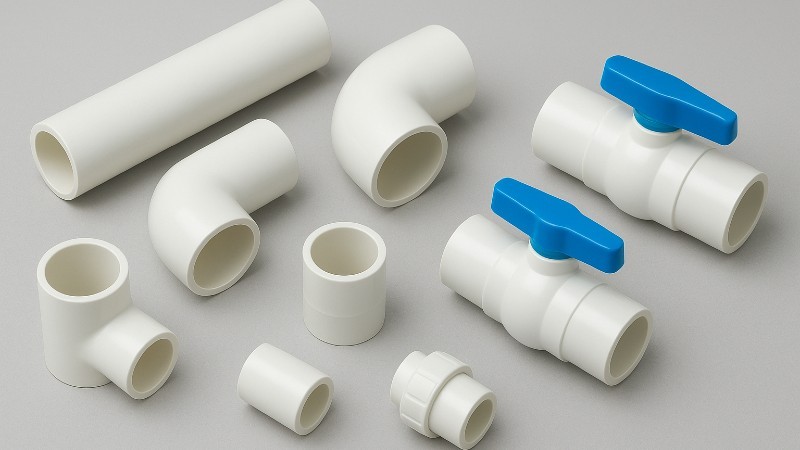
Key features of PVC pipes:
-
Cost-effective and economical
-
Excellent resistance to chemicals and corrosion
-
Lightweight and easy to install
-
Suitable for cold water supply, drainage, and irrigation systems
PVC pipe fittings, including pipe nipples, couplings, bushings, elbows, and sockets, are commonly used in plumbing, agriculture, and construction.
What is CPVC?
Chlorinated Polyvinyl Chloride (CPVC) is a modified form of PVC that has been enhanced with additional chlorine, improving its resistance to heat and chemicals.
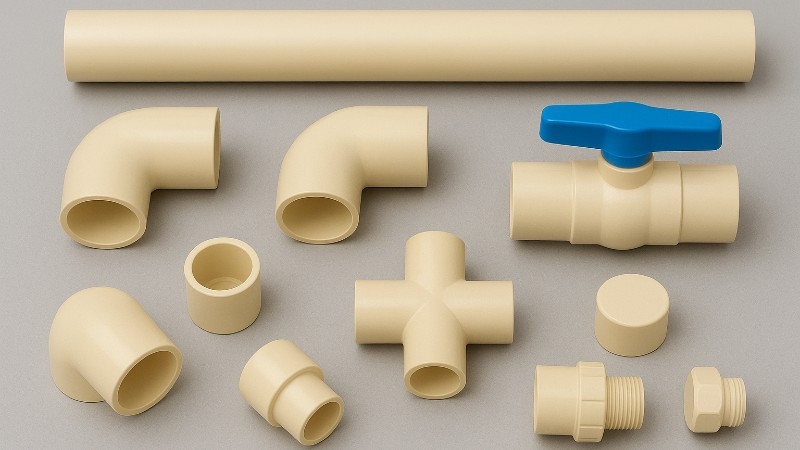
Key features of CPVC pipes:
-
Higher temperature resistance (up to 90°C and above)
-
Stronger chemical resistance for industrial use
-
Longer service life under high-pressure conditions
-
Suitable for hot and cold water supply, industrial chemical pipelines
CPVC pipe fittings, CPVC couplings, tees, valves, and adapters are widely used in chemical processing, hot water plumbing, and industrial fluid transport.
PVC and CPVC Pipe Connection Methods
PVC/CPVC plumbing fittings typically use two connection methods: cement and threaded connections.
PVC/CPVC special cement is applied to the inside of the pipe ends. Allow it to dry before proceeding.
A part of PVC/CPVC fittings that have a thread that can be connected with other threaded fittings and are suitable for areas where needs are removed frequently.
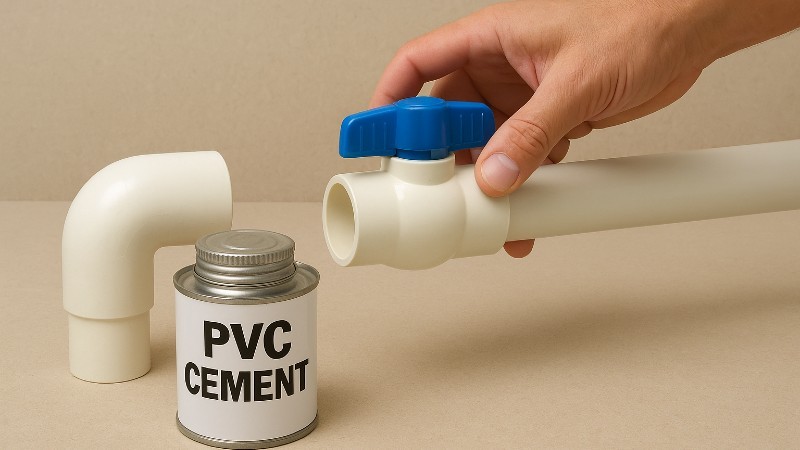
PVC vs. CPVC: What’s the Difference?
| Feature | PVC | CPVC |
|---|---|---|
| Temperature Range | Up to 60°C (140°F) | Up to 90°C (194°F) or higher |
| Chemical Resistance | Good for most mild chemicals | Excellent for aggressive chemicals |
| Cost | More economical | Slightly higher price |
| Applications | Plumbing, drainage, irrigation | Hot water, industrial fluid transfer |
In short:
-
PVC is best for low-cost, cold-water, and general piping projects.
-
CPVC is better for high-temperature, industrial, or chemical systems.
Which One Should You Choose: CPVC or PVC?
The choice between CPVC and PVC depends on your project needs:
-
For agricultural irrigation, construction drainage systems, and general plumbing, PVC is the most cost-effective option.
-
For industrial chemical transport, hot water systems, and high-pressure environments, CPVC is the better solution.
As a wholesale manufacturer in China, we recommend that buyers analyze both the temperature requirements and chemical compatibility before making bulk purchase decisions.
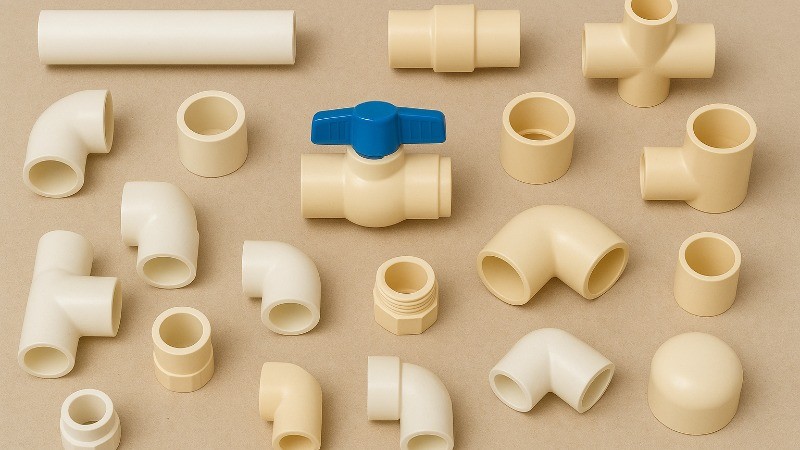
Why choose us as your supplier?
At our company, we are a professional Chinese manufacturer and exporter of pipes and pipe fittings. We specialize in bulk supply.
We supply a product range:
-
PVC pipes and fittings
-
CPVC pipes and fittings
-
Carbon steel and Galvanized couplings, nipples
-
Stainless steel pipe nipples, socket, bushings, and valves, etc.
Our advantages:
-
Bulk order with lower prices
-
ISO-certified, quality control
-
Wide range of materials and custom sizes
-
Strong production capacity
-
Export experience to Europe, North America, Southeast Asia, and the Middle East
Conclusion
When comparing CPVC vs. PVC, the answer depends on the application:
-
PVC is better for strict cost control projects like plumbing, irrigation, and drainage systems
-
CPVC is better suited for conditions where heat, pressure, or chemicals have better temperature resistance and strength compared to PVC materials.
As a China-based wholesale manufacturer of pipes and pipe fittings, we are committed to providing global buyers with the perfect goods for their projects. Whether you need PVC pipes, CPVC fittings, or customized wholesale pipe components, we can supply high-quality products at competitive prices.
Contact us today to discuss your wholesale requirements and request a free quotation.
